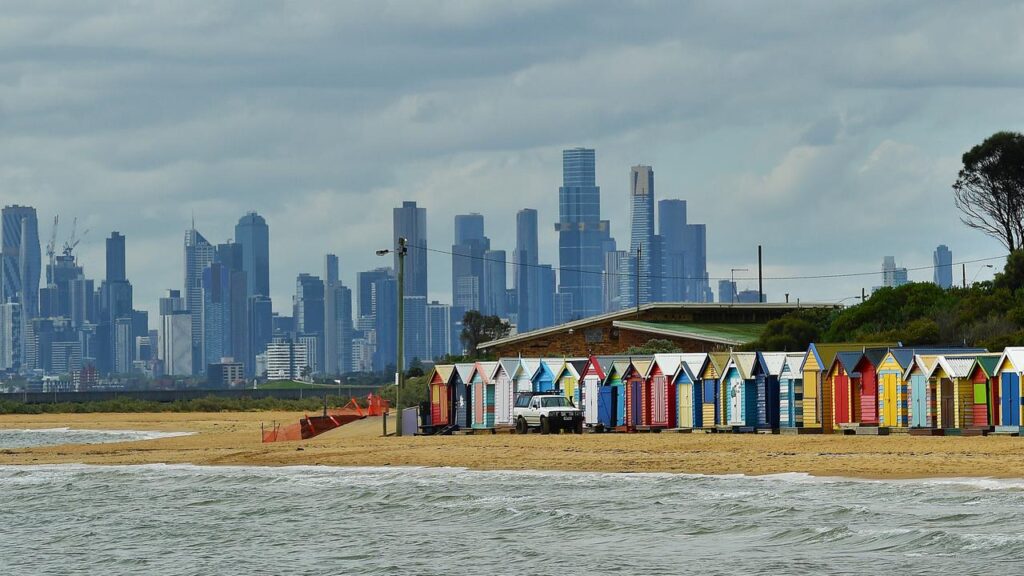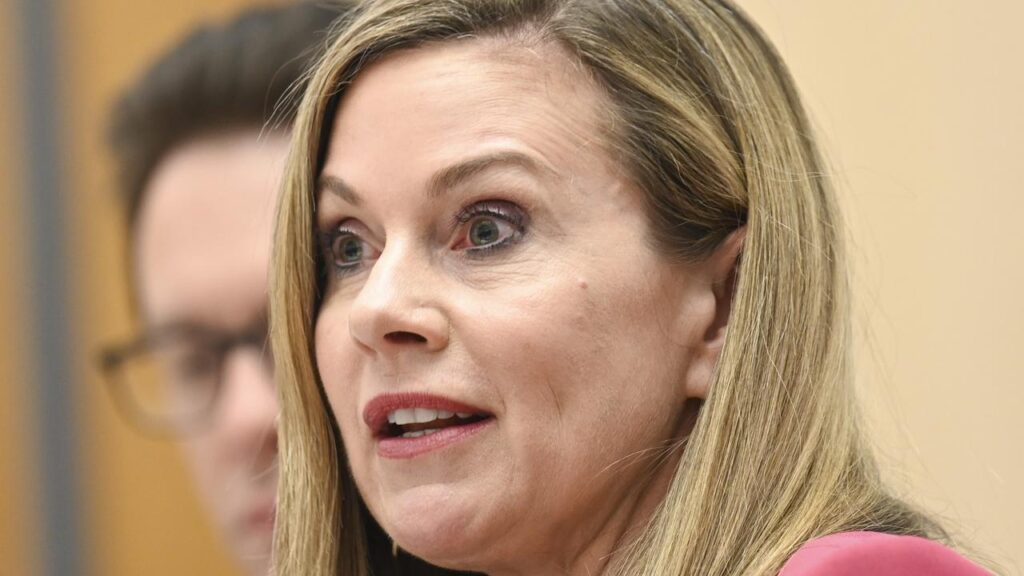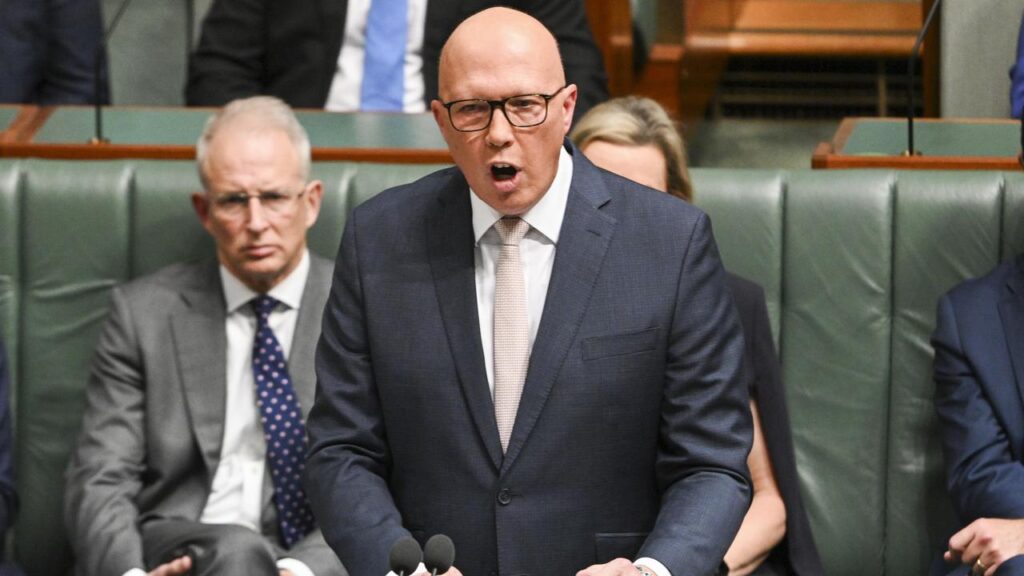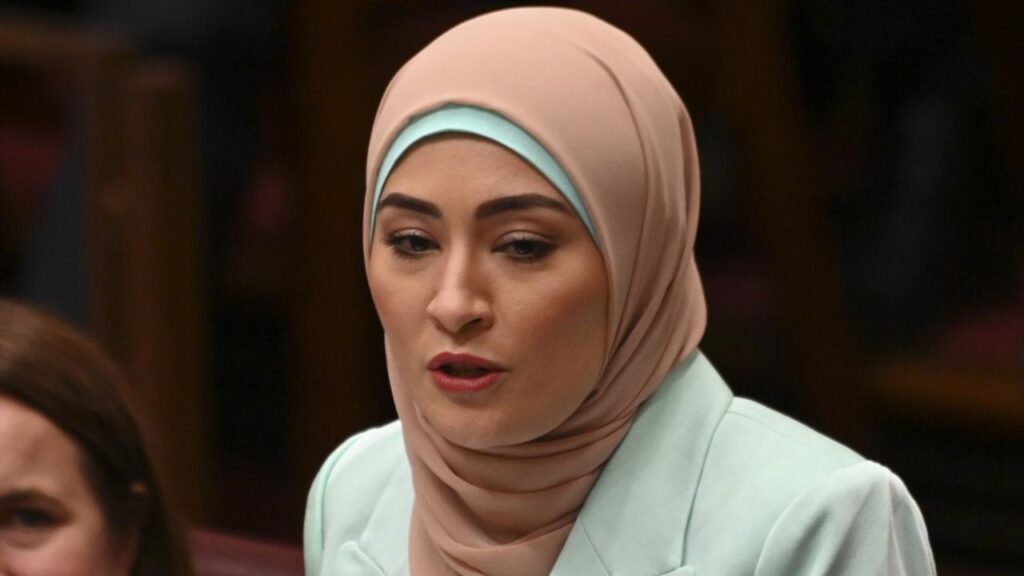Advocates call out budget imbalance
Written by admin on May 16, 2024
Australia’s peak social equality advocacy body says the federal budget handed down on Tuesday fails to address the needs of the poorest people.
The Australian Council of Social Services, after analysing the financial impact of the budget’s cost of living supports on various family types, argued it unfairly targeted the most benefits towards those on its highest income brackets.
“Most people on the lowest incomes only get the one-off energy rebate,” the group said.
“Most people on the lowest income support payments — approximately 60 per cent (of claimants) — will not benefit from the Rent Assistance or JobSeeker measures.
“People on the highest incomes will receive $93 extra per week via the energy rebate and tax cuts, more if the household contains two wage-earners.”
Those only benefiting from the energy subsidy will receive $6 per week in support by comparison.
The 2024 federal budget contained four measures to address household financial pressures: a universal $300 energy rebate, the revised tax cuts across all brackets, an increase to JobSeeker payment for those with a “partial capacity to work” and a rise in Commonwealth Rent Assistance.
It is estimated that only 4700 Australians will benefit from the partial work capacity JobSeeker rise, compared to 1,018,070 accessing the scheme who will see no change. It marks an impact for 0.46 per cent of users.
Rent Assistance was similarly low in its accessibility, with 305,000 households able to access the scheme, which represents 40 per cent of those on JobSeeker or related payments.
The average JobSeeker payment currently sits at $386 per week.
The 40 per cent of those eligible for Rent Assistance will see a $15.17 per week relief from the budget, couples without children only enjoy $14.63 per week each.
A median wage earner, currently sitting at $65,000 per year, will receive $31 per week between the energy subsidy and tax cut.
That is compared to a high income earner on $200,000 per year who would receive $93 per week in returns.
For couples in each of those brackets the disparity would be $39 and $228.
Speaking to the ABC, Treasurer Jim Chalmers said the budget sought to address the needs of “Middle Australians” and not focus solely on lower income earners.
More Coverage
“We’ve found a responsible and affordable, but meaningful, way to help people with the cost of living, not just people on low and fixed incomes, but people in middle Australia too,” Dr Chalmers said.
“People are under cost-of-living pressure up and down the income scale.”
The federal energy bill relief, which had not been unveiled prior to the release of the budget papers, was criticised by crossbench Senators David Pocock and Jacqui Lambie for targeting all Australians rather than equitably directing funds to those on lower incomes.







